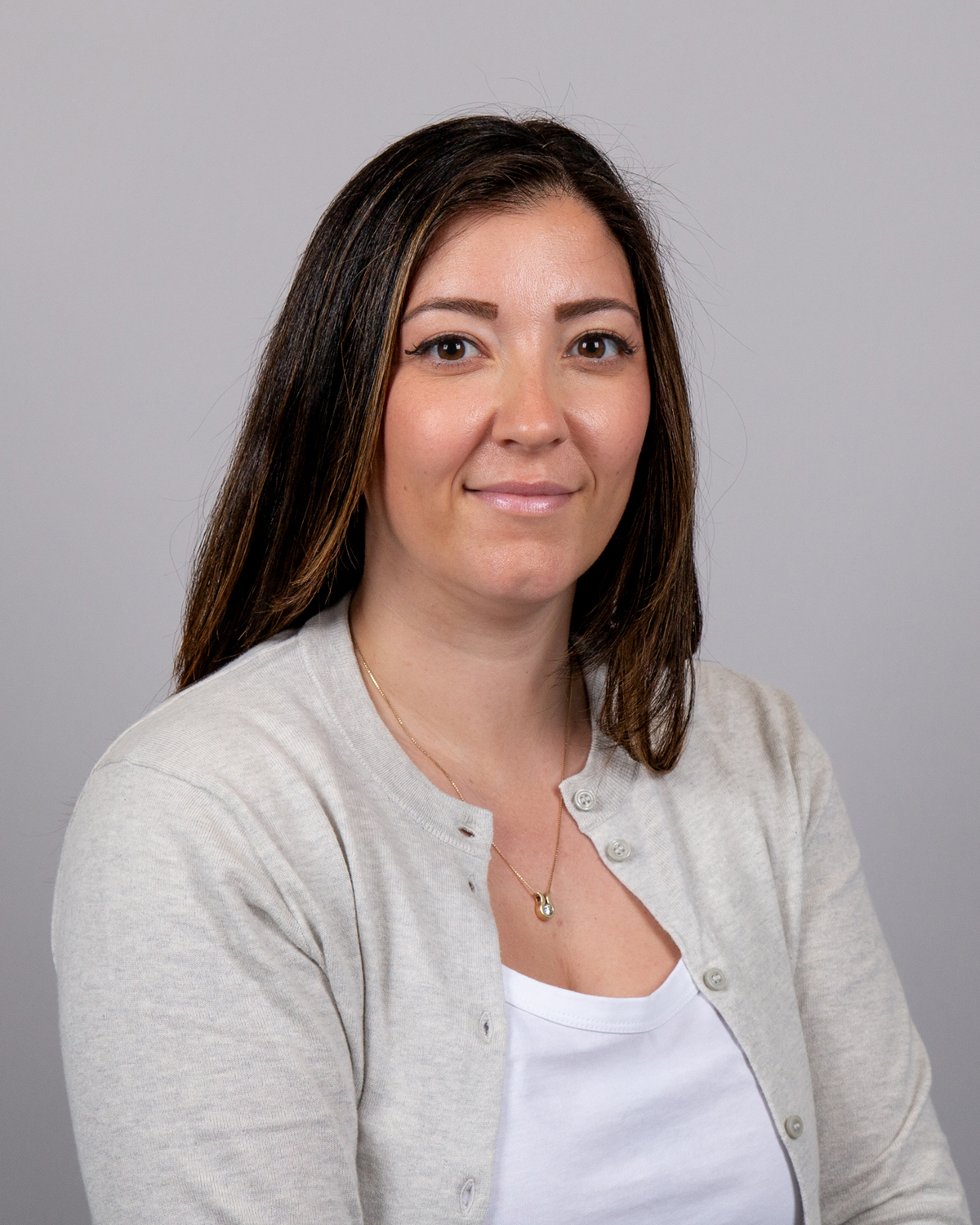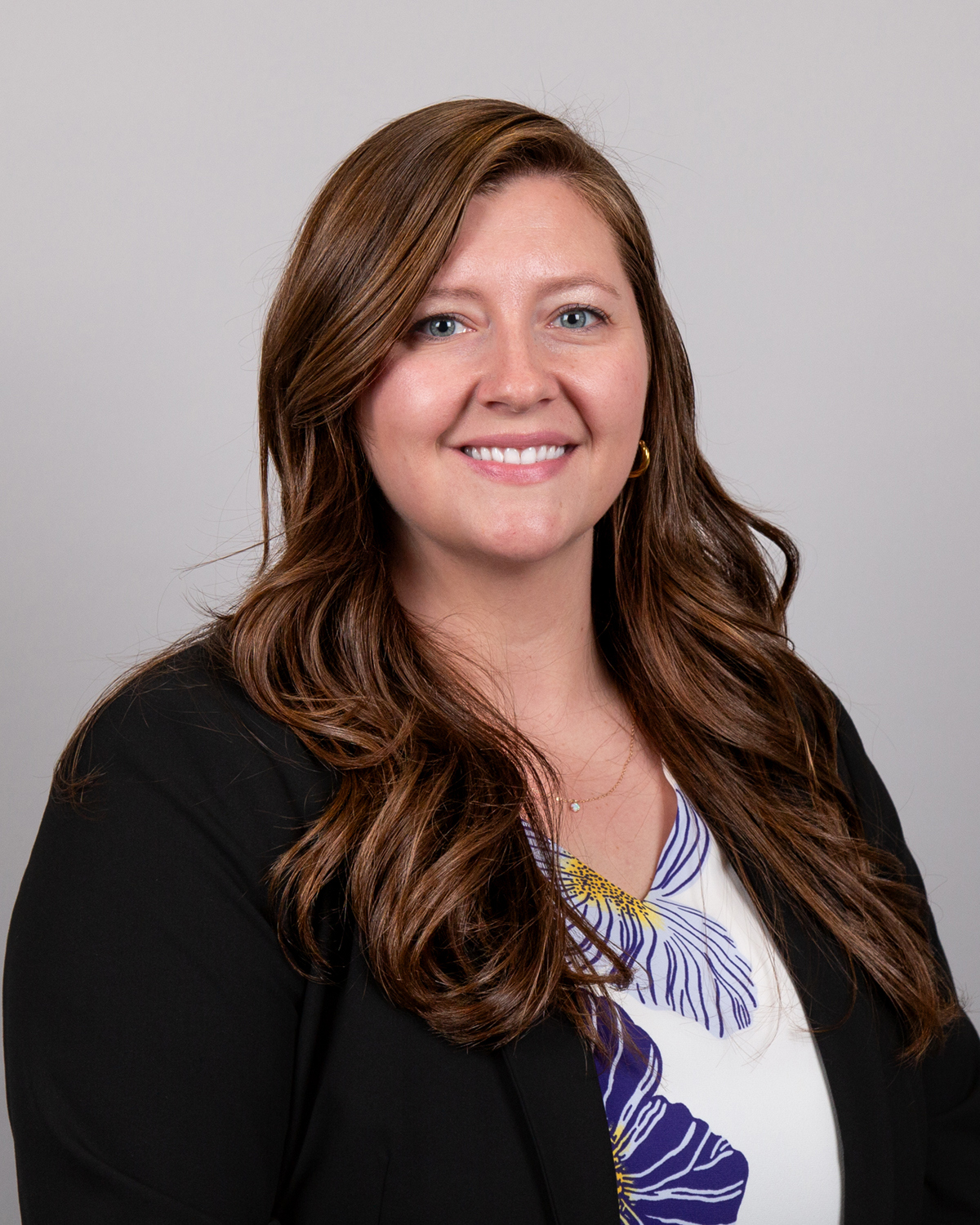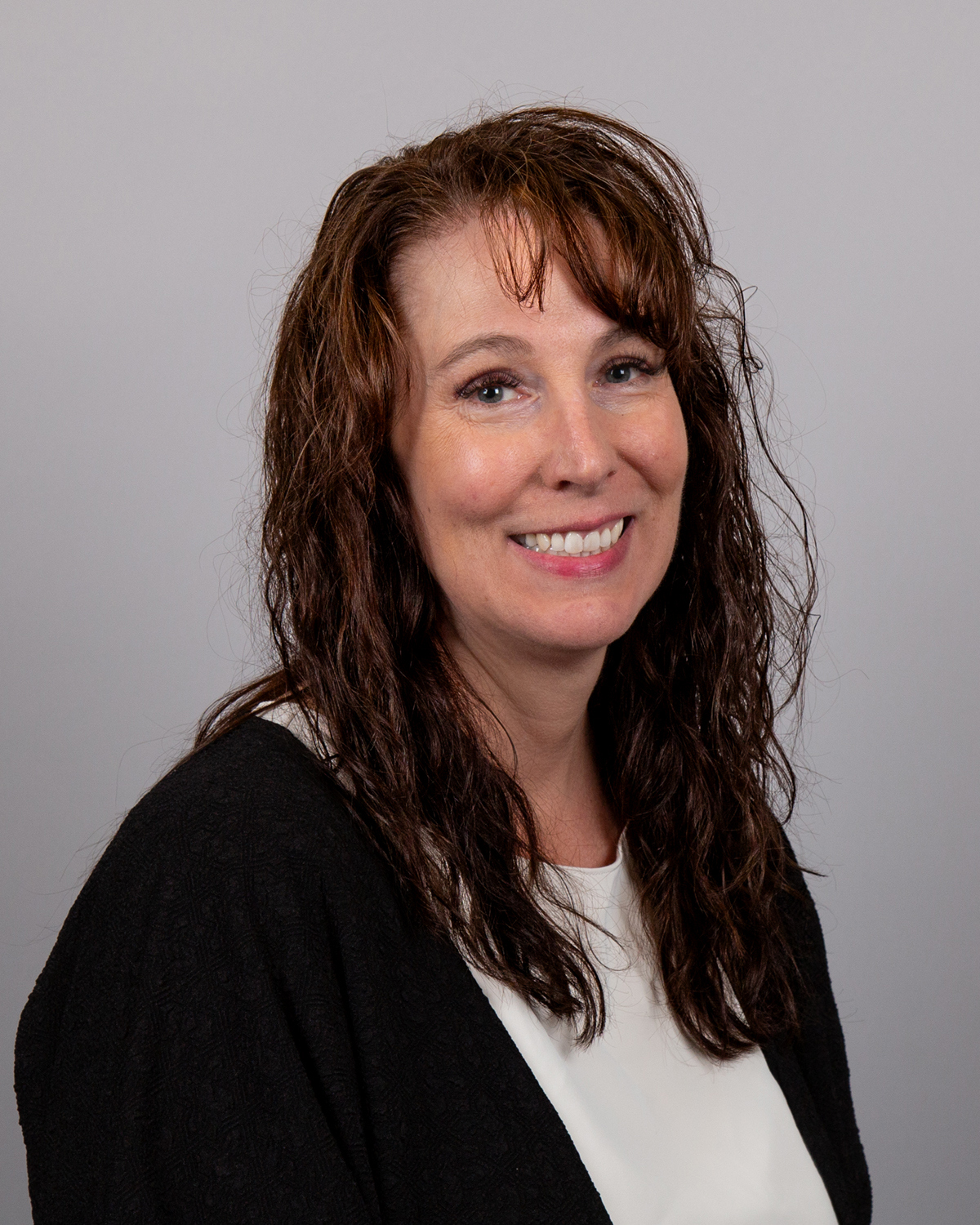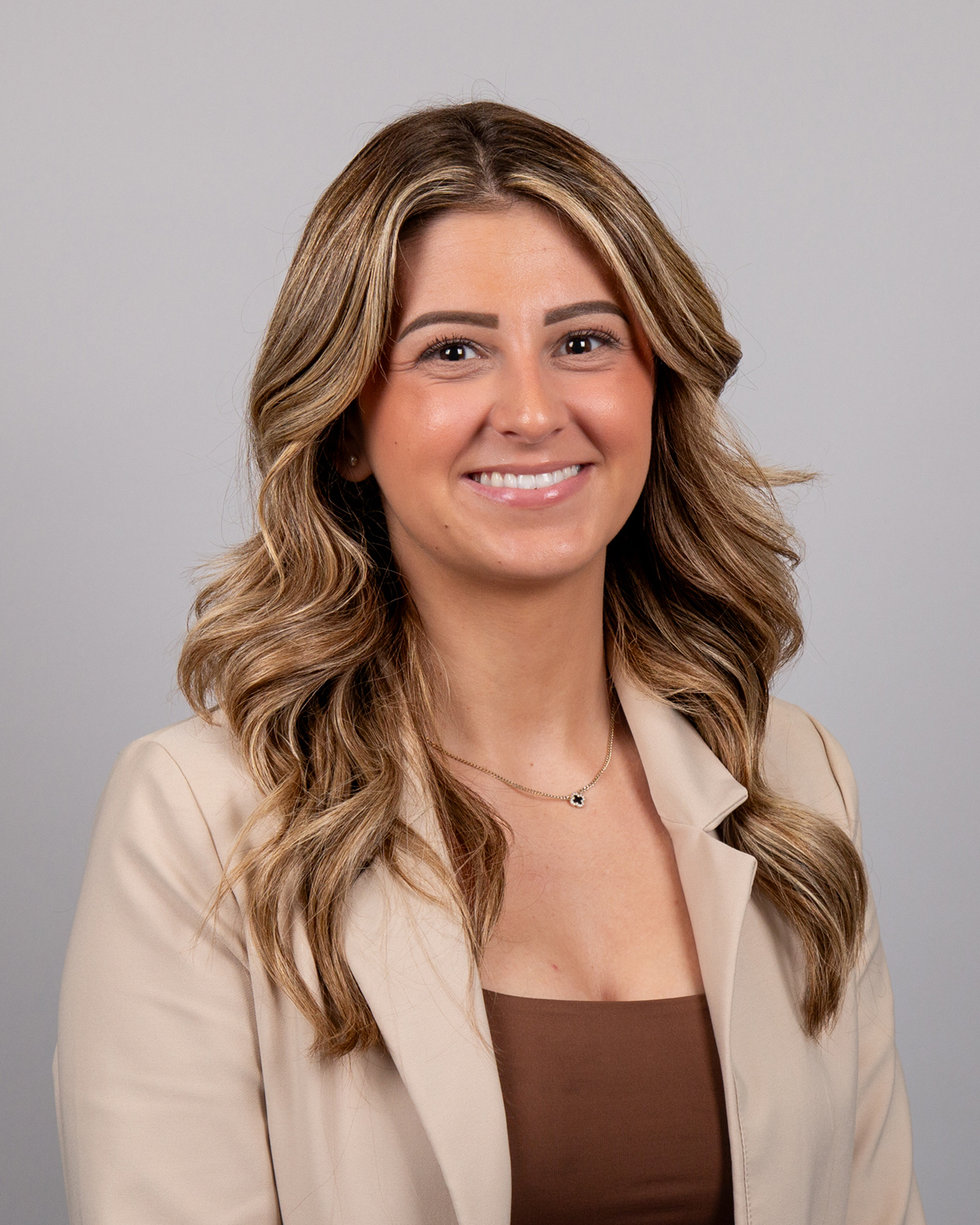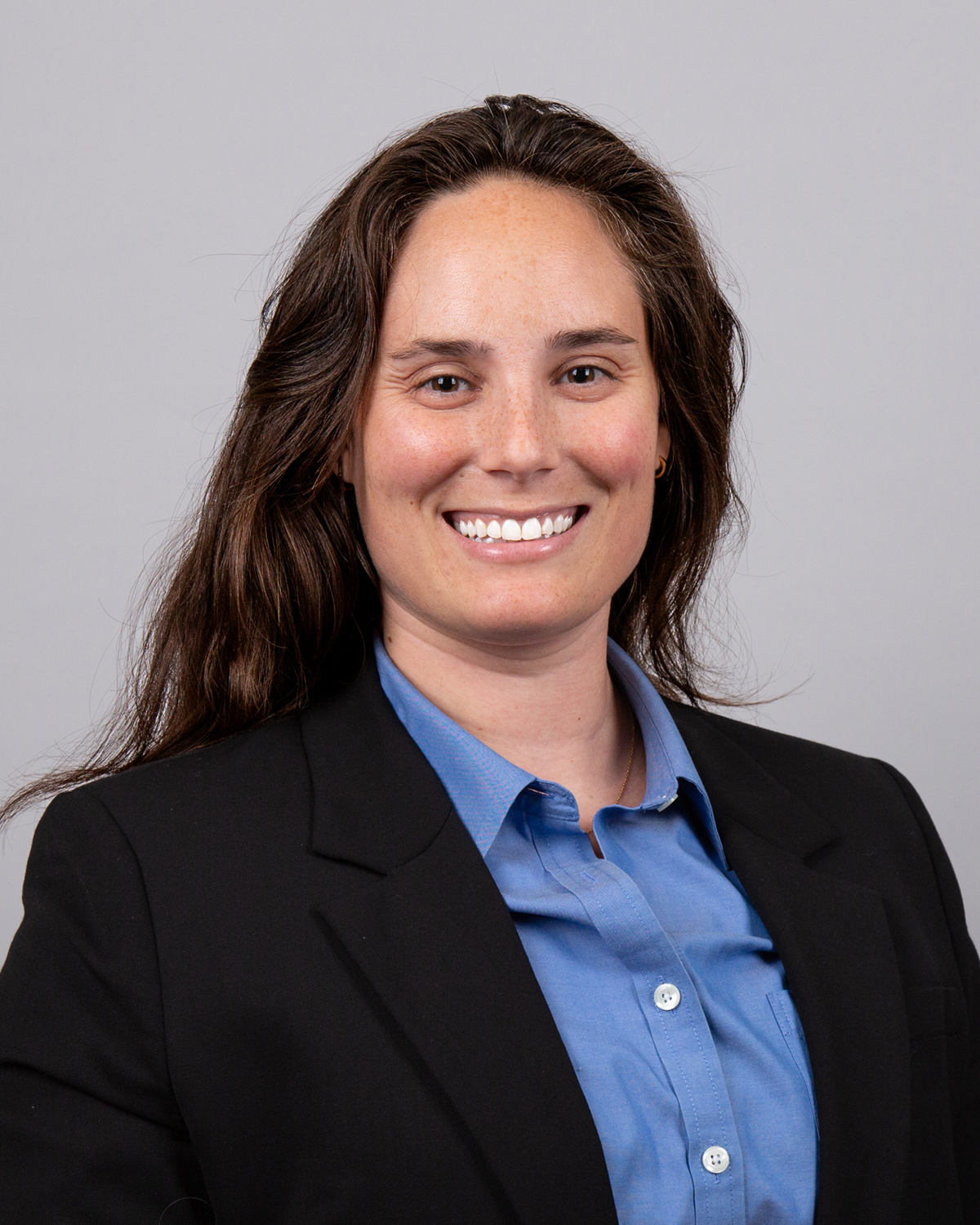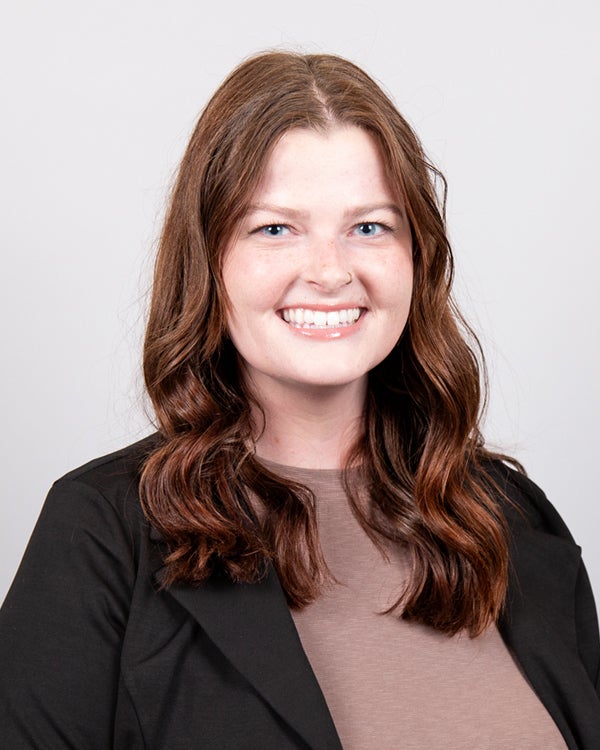A.O. Fox Hospital - Tri-Town Campus
Contact
Phone:
Hospital Hours
Monday — Sunday:
7:00am — 11:00pm
Outpatient Laboratory Services
Monday — Friday: 7:30am — 4:15pm
Saturday: 8:00am — 9:45am
Outpatient Radiology Services
CT Scans & Diagnostic X-Rays: Monday — Sunday, 7:00am — 10:00pm.
Ultrasounds: Monday — Friday, 8:00am — 4:30pm.
Emergency Department: (607) 563-7080
Laboratory Services: (607) 563-2655
Radiology: (607) 563-2650
Specialty Services: (607) 561-7980
Risk Management / Patient Safety: (607) 322-0932
Patient Representative Service: (607) 547-3912
A.O. Fox Hospital - Tri-Town Campus in Sidney provides:
- Laboratory Services
- Medical Imaging
- Telemedicine Services
- Emergency Services
- Radiology Services
Clinicians at the Tri-Town Campus also have the ability to interface with board certified neurologists in Cooperstown through telemedicine connections in order to provide for the rapid assessment and treatment of stroke patients.
Emergency Services
Bassett Healthcare Network offers emergency care services at all five of our hospital locations. Emergency teams work collaboratively to treat emergency medical injuries and conditions, such as chest pain, head injury, seizures, poisoning, sexual abuse, severe burns, fractures. Emergency care is available at:
Drug Collection Kiosk in A.O. Fox Hospital - Tri-Town Campus' Lobby
We're proud to offer drug collection kiosks at various locations throughout our network to help our community members clean out their medicine cabinets safely! Just bring your unneeded, unwanted, and/or expired medications to any of these kiosks for free, safe disposal — no questions asked.
At A.O. Fox Hospital - Tri-Town Campus, the drug collection kiosk can be found in the hospital lobby.

- This service is open to the public — you do not need to be a Bassett patient to participate.
- The program covers over-the-counter, prescription, and veterinary (pet) medications.
- Only pills and liquids can be deposited in the kiosks. Inhalers and sprays should be brought to one of the pharmacy locations to be collected at the pharmacy window.
- This program does not accept needles and other sharps. Patients should ask their primary care provider about properly disposing of sharps.
- Participants should only deposit medications prescribed to themselves, a dependent, or someone who is deceased.
- Medications do not need to be in their original containers.
- Thousands of Americans call poison control lines, get admitted to the hospital, or die each year due to home medication errors or accidental consumption. Eliminating unneeded medications can save lives — especially those of children, elderly people, and pets.
- Prescribed painkillers are often sought out by people struggling with addiction. Disposing of unneeded pain medications can help fight the opioid epidemic.
- Medications dumped in landfills or flushed down toilets contaminate soil, groundwater, rivers, and oceans. Returning drugs to hospitals and pharmacies to be properly disposed of protects wildlife and community water supplies.
